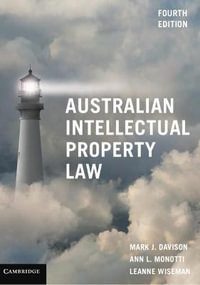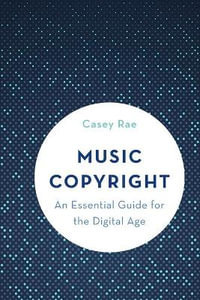
Copyright and Other Fairy Tales : Christian Andersen and the Commodification of Creativity
By: Helle Porsdam (Editor)
Hardcover
At a Glance
Hardcover
$263.40
Aims to ship in 15 to 25 business days
When will this arrive by?
Enter delivery postcode to estimate
ISBN: 9781845426019
ISBN-10: 1845426010
Format: Hardcover
Language: English
Number of Pages: 192
Audience: College, Tertiary and University
Publisher: Edward Elgar Publishing Ltd
Country of Publication: GB
Dimensions (cm): 23.4 x 15.6 x 1.91
Weight (kg): 0.43
Shipping
| Standard Shipping | Express Shipping | |
|---|---|---|
| Metro postcodes: | $9.99 | $14.95 |
| Regional postcodes: | $9.99 | $14.95 |
| Rural postcodes: | $9.99 | $14.95 |
How to return your order
At Booktopia, we offer hassle-free returns in accordance with our returns policy. If you wish to return an item, please get in touch with Booktopia Customer Care.
Additional postage charges may be applicable.
Defective items
If there is a problem with any of the items received for your order then the Booktopia Customer Care team is ready to assist you.
For more info please visit our Help Centre.























